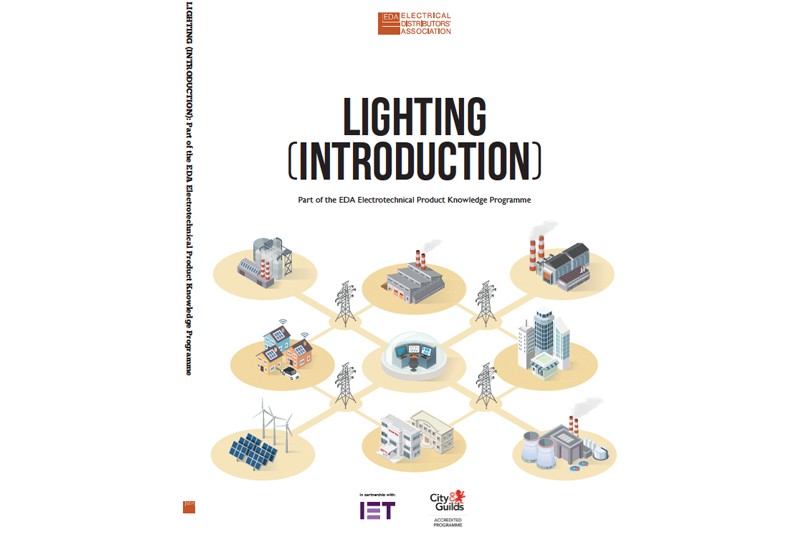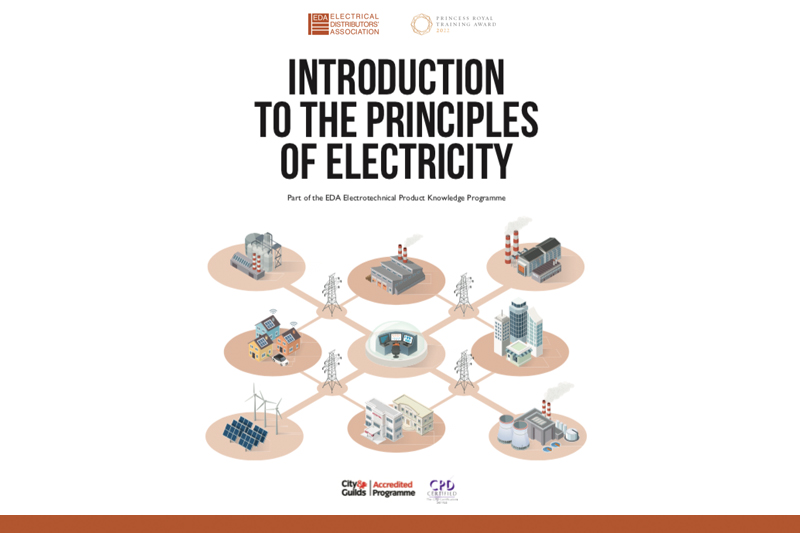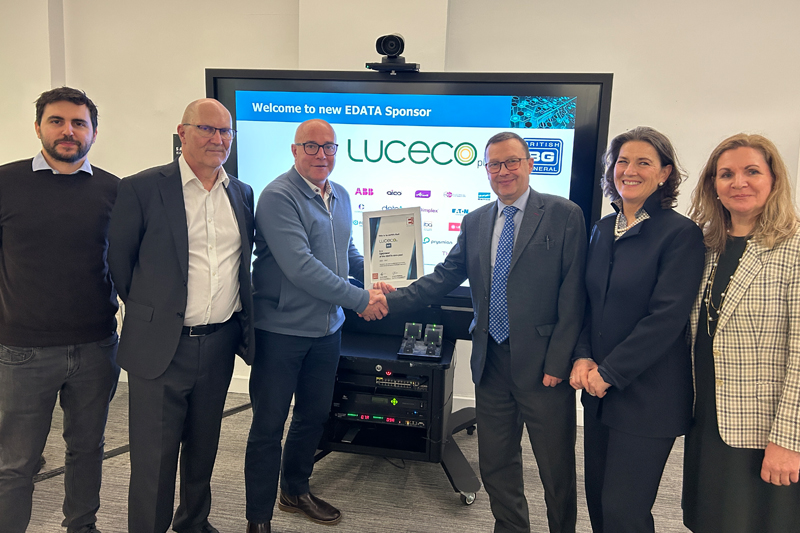The EDA’s Product Knowledge Modules help businesses like yours create cross-selling and up-selling opportunities by building knowledge and confidence. What’s more these training modules have recently won a Princess Royal Training Award 2022 so you can be assured of their value.
Lighting (Introduction) is one of 12 training courses in the programme. The EDA modules are completely flexible and can be studied in any order or combination. You choose only the training your team needs.
Professional know-how to drive sales
Improving your team’s technical know-how through the EDA’s training could unlock additional revenue for your business.
These training modules have a 97% feedback rating of Good or Very Good. Here’s what one learner said: “Great modules from start to finish. Great layout and easy to understand. Also great as a refresher.”
Introduction to Lighting provides training in:
- Fundamentals of lighting
- Basics of lighting design
- Safety considerations of lighting
- Maintenance considerations of lighting
- Environmental considerations of lighting
Years of knowledge to give your team a commercial edge
City & Guilds accredited, this training programme harnesses decades of combined expertise from product experts at EDA manufacturers and allied trade associations to create an accessible and practical training opportunity for you and your team.
EDA Product Knowledge modules are also approved for Continuing Professional Development by The CPD Certification Service.
Test your knowledge
Have a go at this quiz sampled from the Lighting Introduction module. Then check your answers below. If the results show that you need to boost your team’s know-how, talk to the EDA today.
Q1: Why is Part L of the Building Regulations and important document?
Q2: What advice would you give to a contractor, who was replacing lamps, about lighting in a corridor of a public building to protect passers-by?
Q3: Thinking about the directions that artificial light can point in, can you name three principle techniques of lighting?
Q4: Which lamp technology is more efficient – incandescent or LED? Can you provide some numbers to confirm your thinking?
Q5: It is important to install LED lamps and luminaires properly. What are the fire risks and how are they dealt with?
Q6: What factors might influence the lifespan of lamps?
(scroll down for answers)
Answers:
Q1: For lighting installations, Part L is concerned with the design assessment and subsequent verification of power consumption in lighting circuits.
Q2: The following advice could be given to a contractor who was replacing lamps on lighting in a corridor of a public buildings to protect passers-by: Consider diversions or barriers. Consider doing the work out of normal working hours.
Q3: The majority of light fittings, or luminaires, use some or all of the following fundamental techniques: (a) direct light; (b) indirect light; and (c) a combination of both direct and indirect light.
Q4: LED is more efficient, with incandescents giving no more than 15 lumens per watt and LEDs often giving more than 100 lumens per watt.
Q5: A by-product of any form of lighting, including LED, is heat. Check that luminaires are ventilated in accordance with manufacturers’ recommendations.
Q6: The following factors might influence the lifespan of lamps:
(a) how long they are used and left on; (b) how often they are switched on or off; and (c) how close the operating environment is to the manufacturer’s original recommendations.
How did you do?
Full marks: Well done!
3 – 5 out of 6: not bad. Could the EDA training help you to fill in any gaps in your knowledge and help you progress in your career?
Less than 3: the EDA Product Knowledge Programme could be just what you need to boost sales.
Watch the video and download the Course Directory
There’s plenty of information online at www.eda.org.uk including videos and a downloadable Course Directory, giving you a summary of what’s covered in each of the 12 training modules.
For more information, click here
The EDA team is ready to help. Call 020 3141 7350 or email training@eda.org.uk





